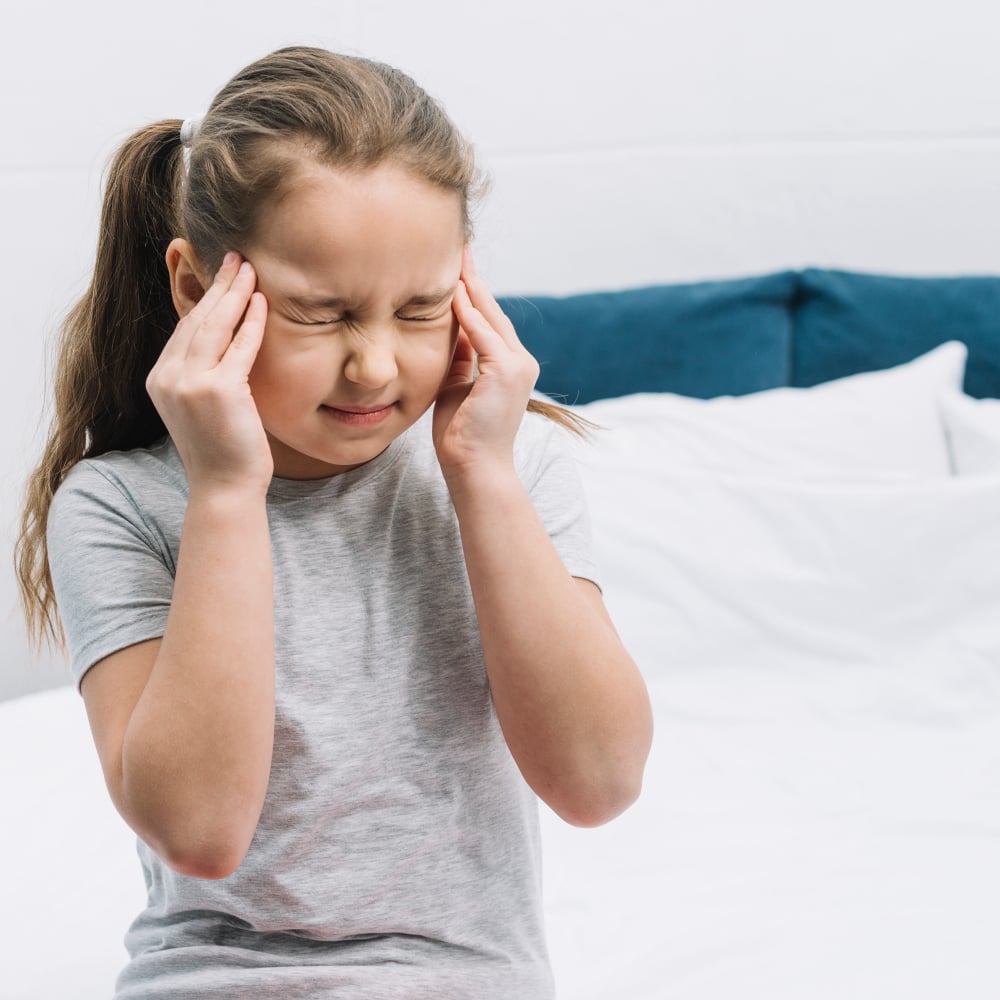Montessori and Neurodiversity: Supporting Every Learner
Montessori and Neurodiversity: Supporting Every Learner
In a world where diversity is increasingly embraced and celebrated, the concept of neurodiversity has emerged as a powerful reminder that not all minds think alike—and that is a strength, not a limitation. For #educators and caregivers in Montessori environments, this understanding offers an opportunity to reframe how we support every child’s unique learning journey.
What Is Neurodiversity?
Neurodiversity refers to the natural variation in how human brains are wired and how they function. This includes individuals with autism, ADHD, dyslexia, dyspraxia, and other neurological differences. Rather than viewing these traits as deficits or disorders, neurodiversity promotes the idea that these differences are simply part of the broad spectrum of human experience.
In Montessori philosophy, where respect for the individual child is central, this perspective resonates deeply.
The Montessori Approach: A Natural Fit for Neurodiverse Learners
Dr. Maria Montessori’s educational model emphasizes individualized learning, #sensory-rich environments, and respect for each child’s natural pace of #development. These foundational principles align beautifully with the needs of neurodiverse #students:
-
Individualized Learning Paths: Children choose their work based on interest and readiness, not age or rigid grade levels.
-
Prepared Environments: Montessori #classrooms are designed to minimize distractions and maximize focus, supporting learners with sensory sensitivities or attention challenges.
-
Hands-On Materials: Manipulatives and multi-sensory learning tools help make abstract concepts concrete, especially helpful for children with dyslexia or other learning differences.
-
Freedom Within Limits: Children are encouraged to explore independently while being guided gently, promoting confidence and self-regulation.
Creating Inclusive Montessori Environments
To support neurodiverse learners even more effectively, Montessori educators can build on the framework with intentional strategies:
Observation and Flexibility
Deep observation is key in Montessori practice. For neurodiverse children, this allows #teachers to understand triggers, preferences, and areas of strength. Flexibility in presentation and routine may be necessary to accommodate various needs.
Visual Supports and Clear Routines
Neurodiverse learners often benefit from visual schedules, clearly labeled areas, and predictable routines. These elements reduce anxiety and provide structure without compromising independence.
Collaboration with Families and Specialists
Open communication with #parents and collaboration with occupational therapists, speech- #language pathologists, or special education experts can ensure consistent, holistic support.
Professional Development and Training
To truly meet every learner’s needs, educators must commit to ongoing professional learning focused on inclusivity, differentiated instruction, and current research in neurodevelopment.
Grow Your Skills with Montessori4Teachers.com
Montessori4Teachers.com is committed to empowering educators with the tools and knowledge needed to create inclusive, child-centered classrooms. Our specialized online courses offer practical insights and strategies tailored to modern Montessori environments, including support for neurodiverse learners.
Here are a few course recommendations:
-
🧠 Understanding Neurodiversity in the Montessori Classroom – Explore the neuroscience behind learning differences and how to adapt your approach.
-
🧩 Supporting Children with Autism in Montessori Settings – Practical techniques for building inclusive routines and lessons.
-
📚 Montessori for All Learners: Differentiated Instruction and Beyond – Learn how to personalize lessons without sacrificing core Montessori principles.
-
🎓 Montessori Classroom Management for Mixed Abilities – Balance independence and structure in diverse learning environments.
These self-paced, expert-designed courses help educators grow with confidence and compassion.
Ready to deepen your understanding and become a more inclusive Montessori guide? Visit Montessori4Teachers.com/courses and start your next learning journey today.
A Call to Embrace Every Mind
Montessori education holds incredible potential to honor the diversity of the human experience. By embracing neurodiversity, we don't just support learners with different needs—we strengthen the entire learning community. In a world that often focuses on conformity, Montessori classrooms can stand as sanctuaries of acceptance, #growth, and possibility.
Together, let's continue to evolve, learn, and make Montessori truly for every child.
- Self-Directed Learning in Montessori Education
- Intrinsic Motivation in Montessori Education
- Understanding Normalization in Montessori Education
- Montessori Assessment Methods
- Montessori’s Inclusivity: Supporting Children with Diverse Learning Needs
- Montessori and Neurodiversity: Supporting Every Learner
- Can Montessori Truly Be Inclusive for Every Child?
- Montessori & AI: When Tradition Meets Tomorrow
- What Does “Follow the Child” Really Mean in Montessori?
- 🎨 Why Fewer Toys Can Mean More Imagination?
- Top 10 Things You’ll Only Understand If You’re a Montessori Teacher
- Honoring All Families: Montessori Approaches to Inclusion & Adoption Awareness
- Adapting Montessori for Children with Different Learning Needs
